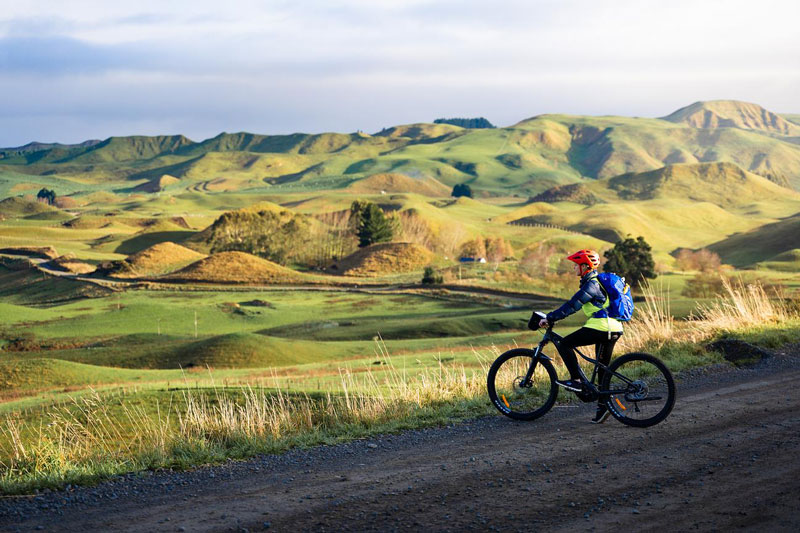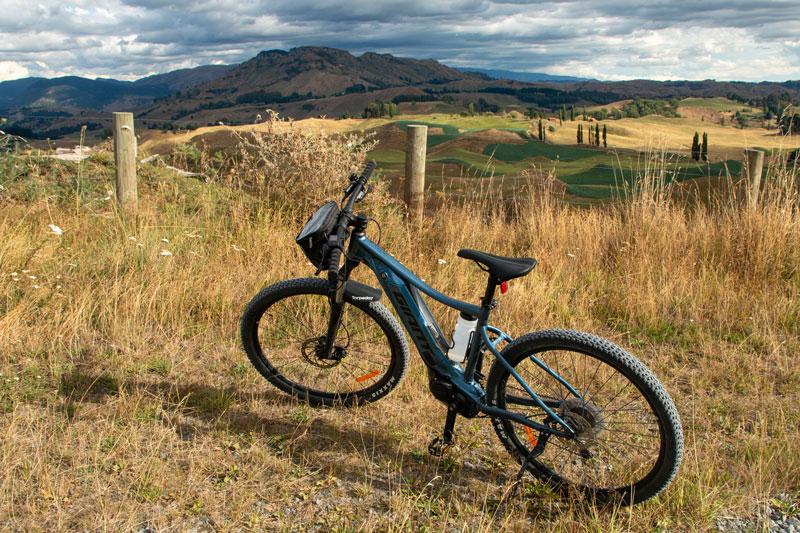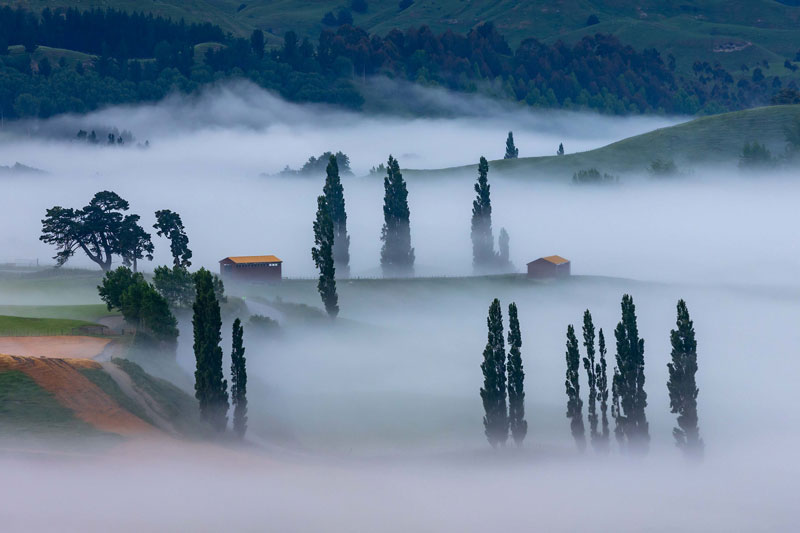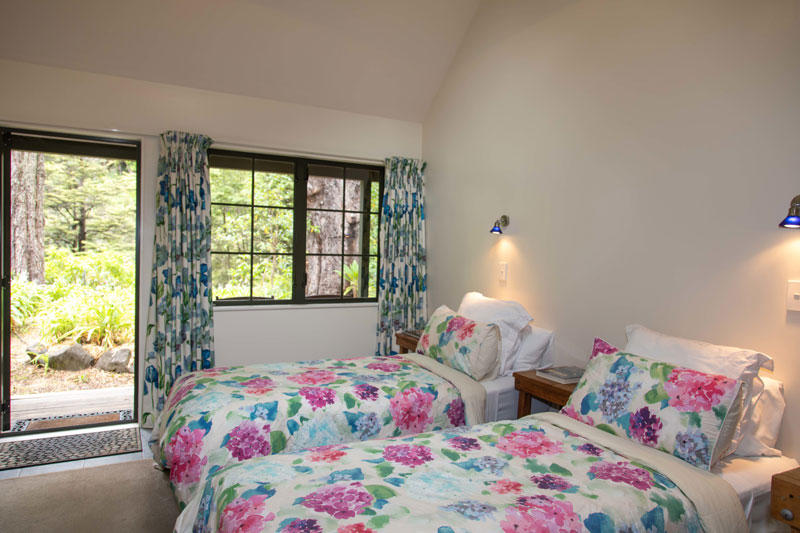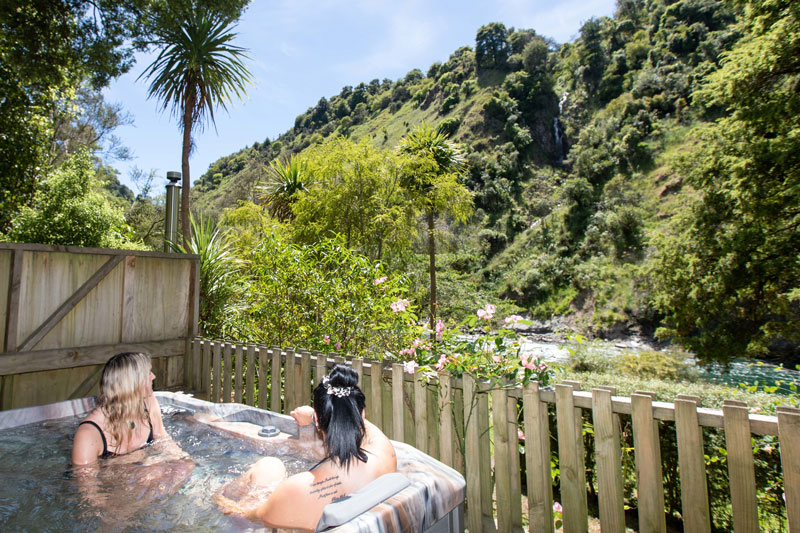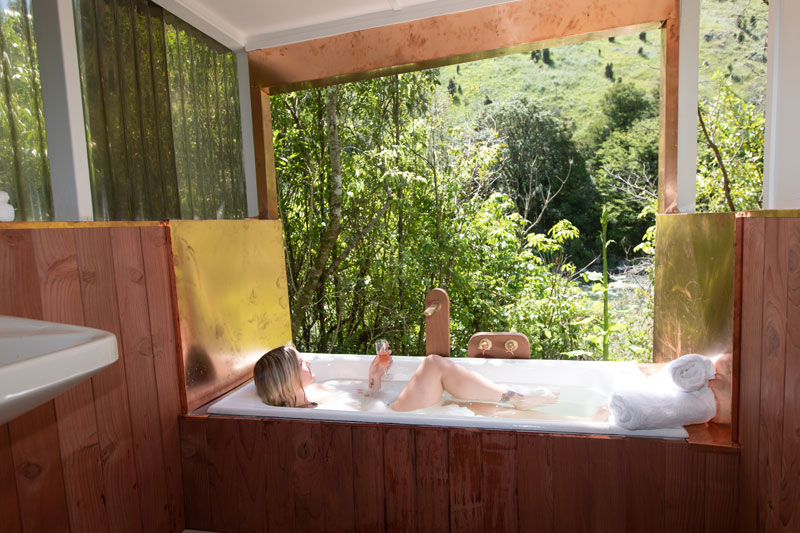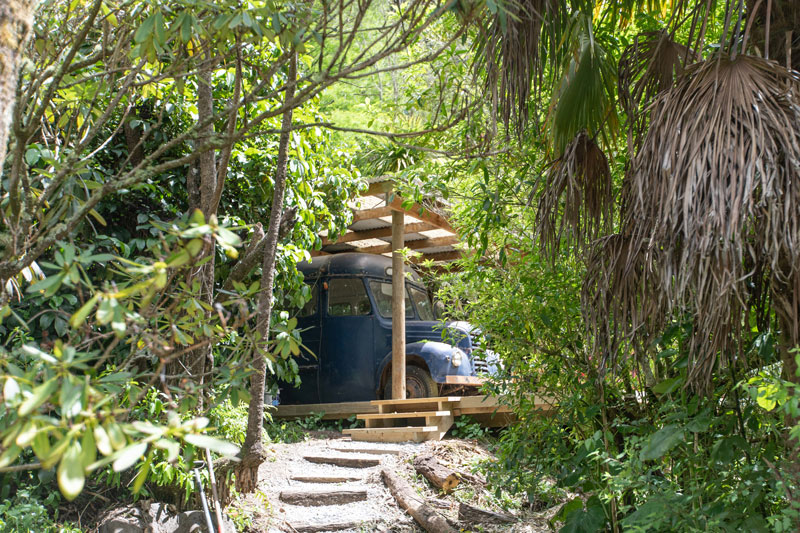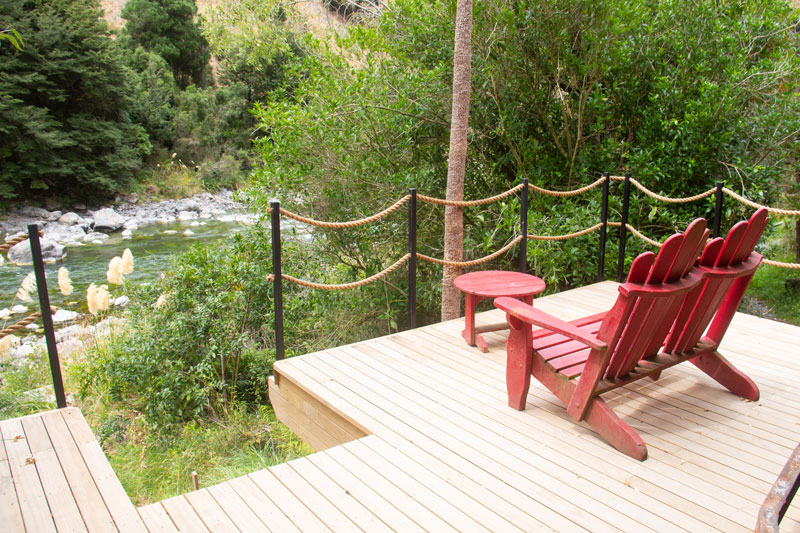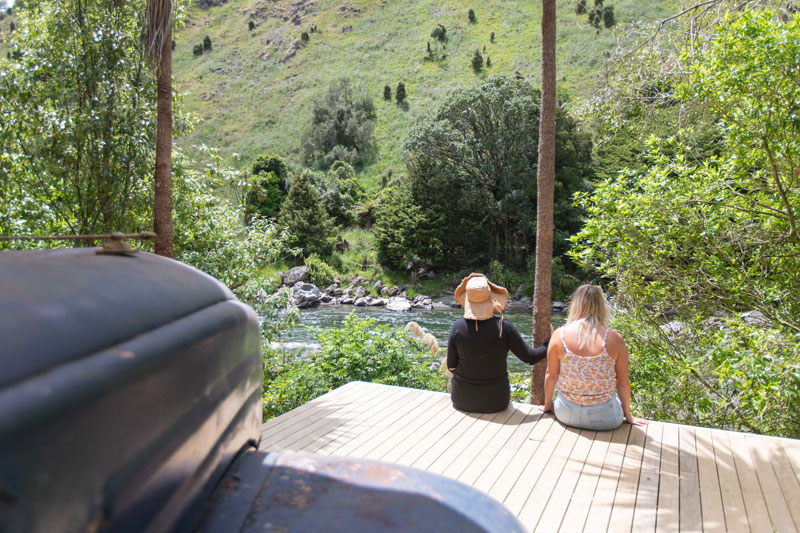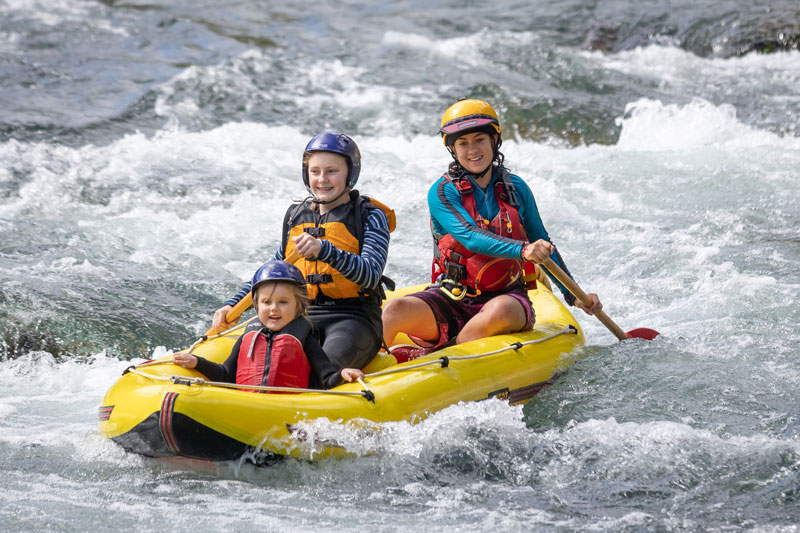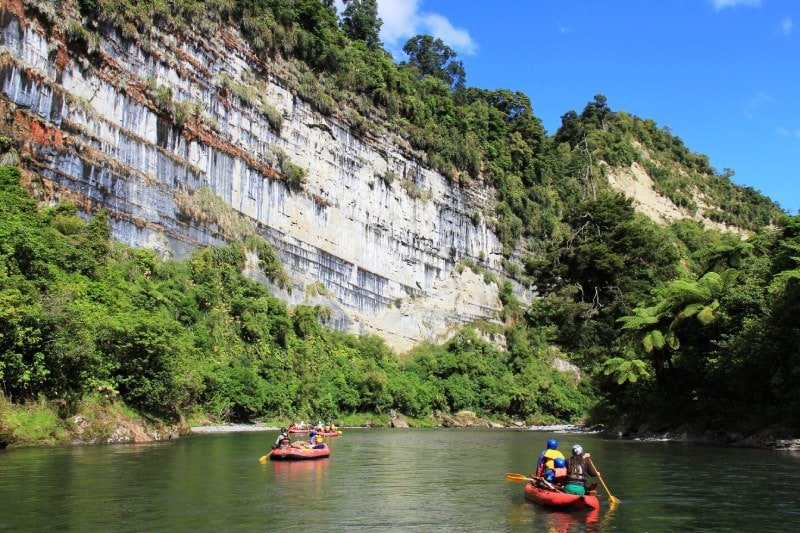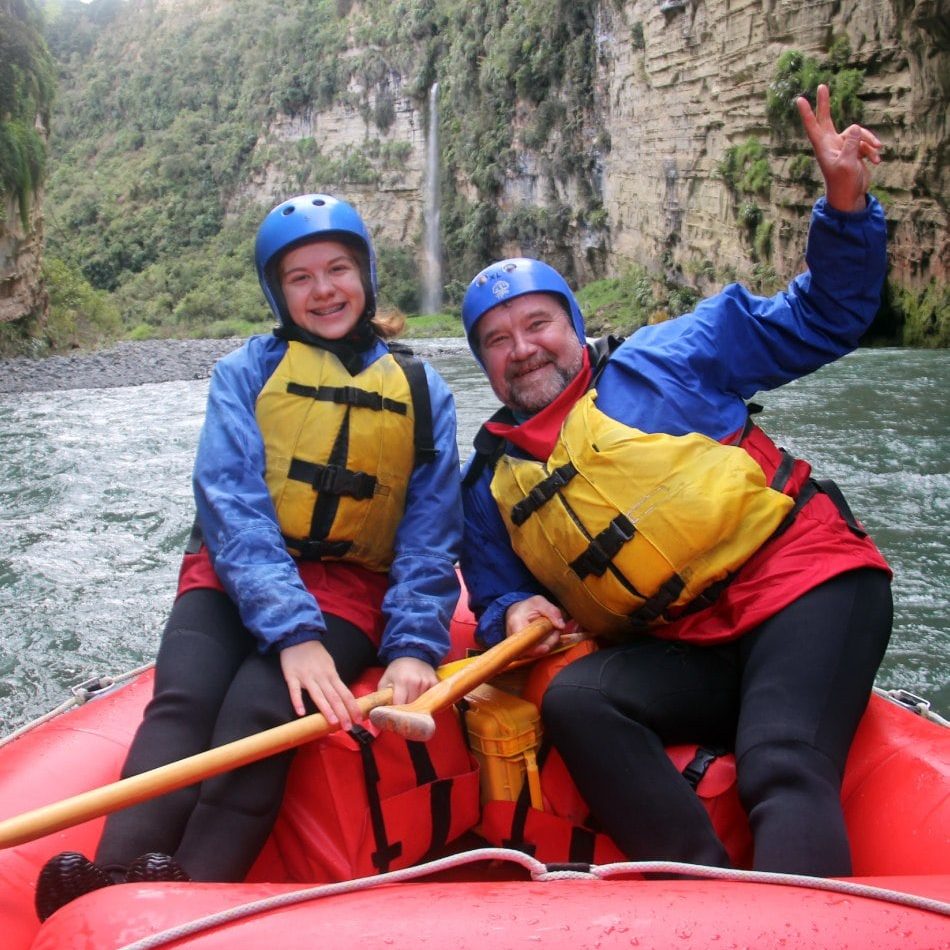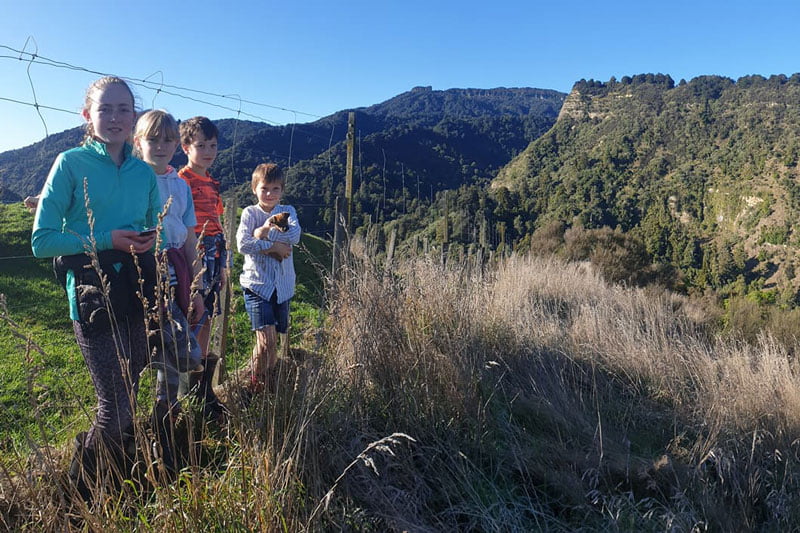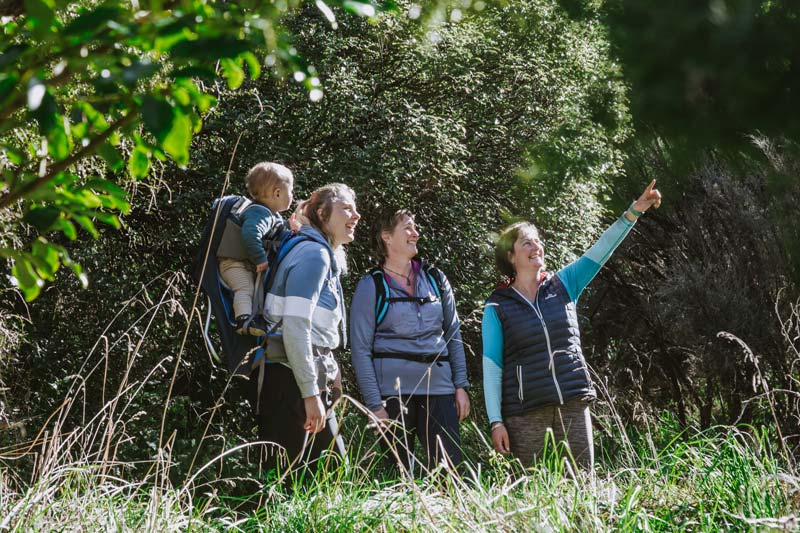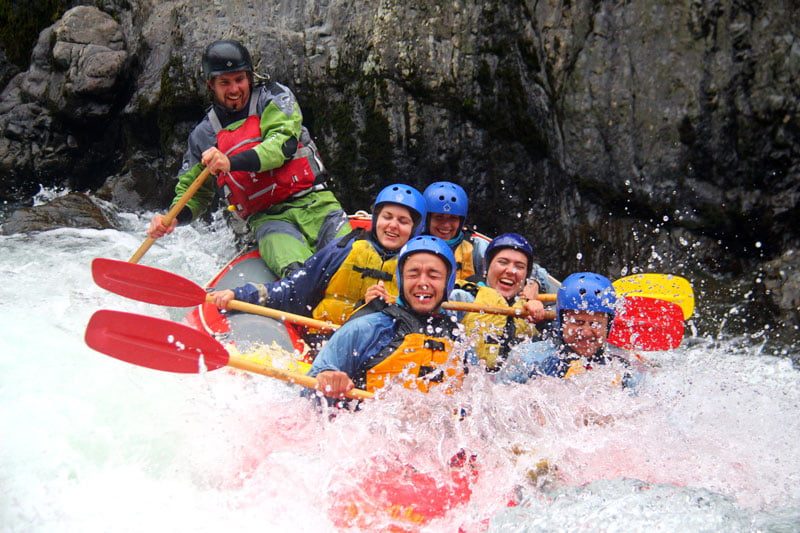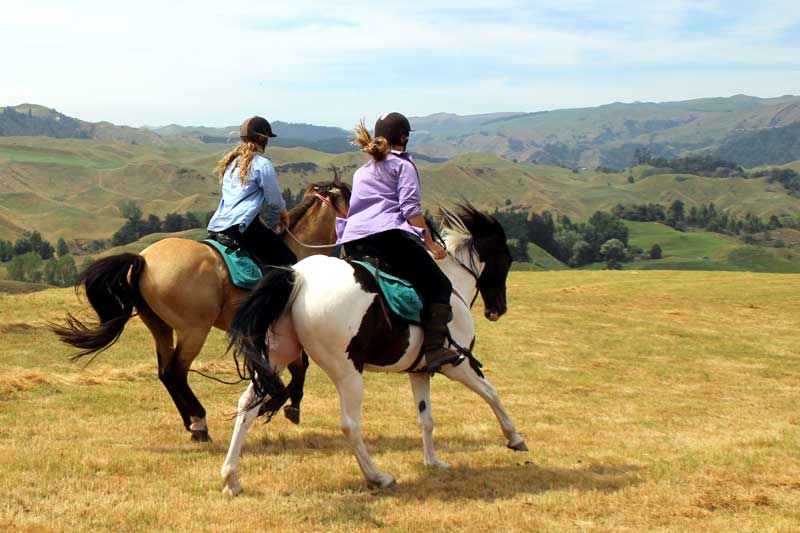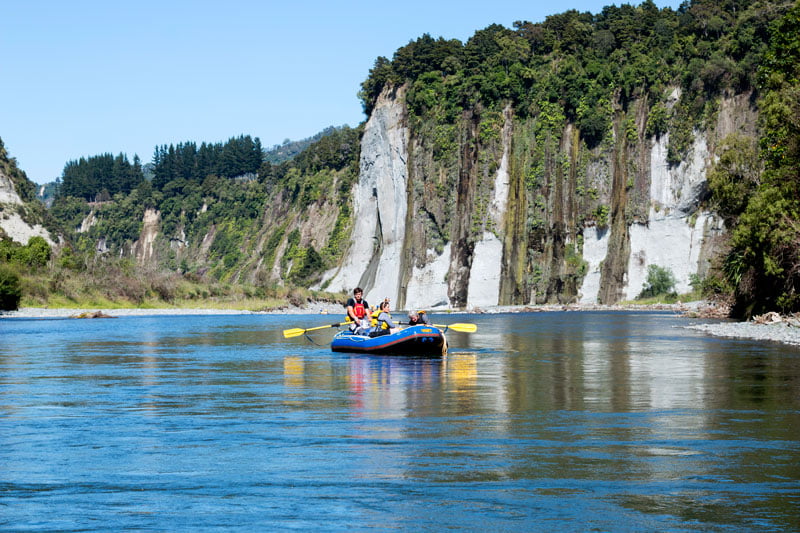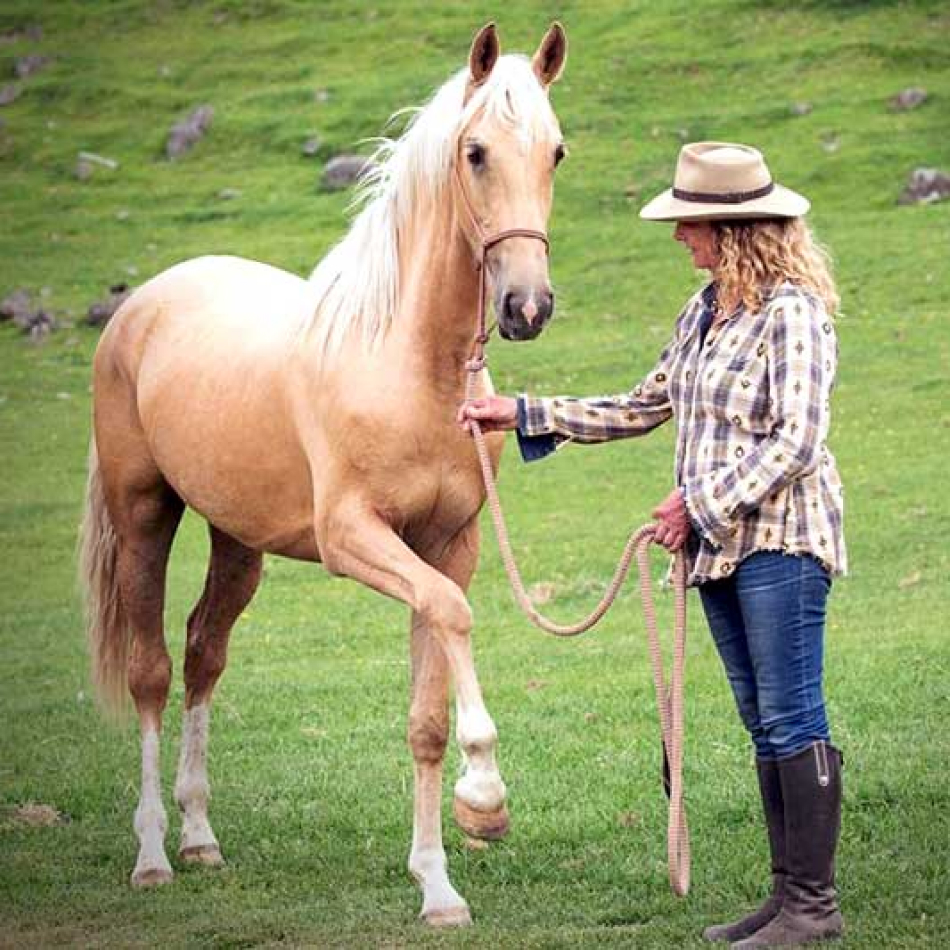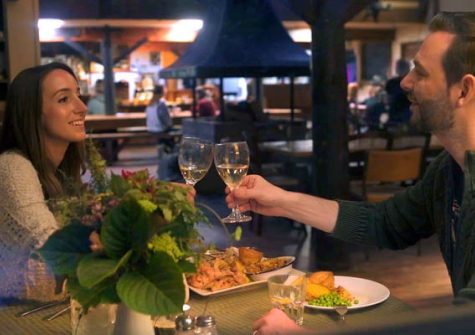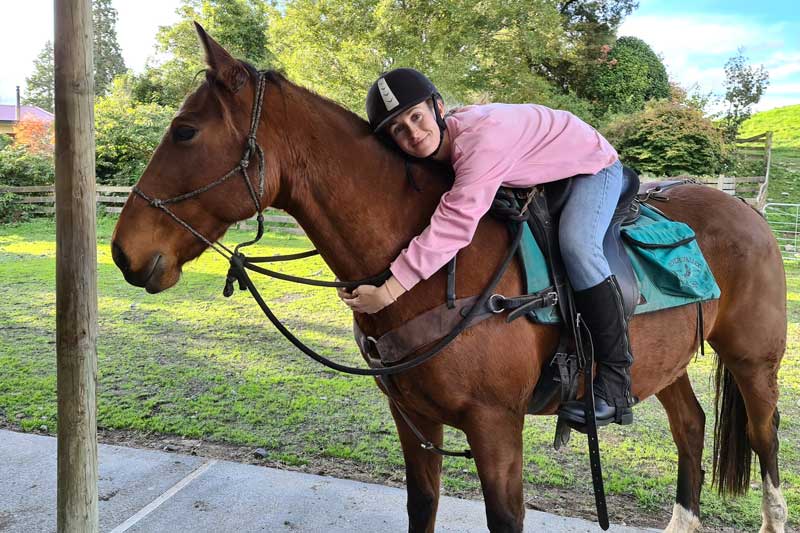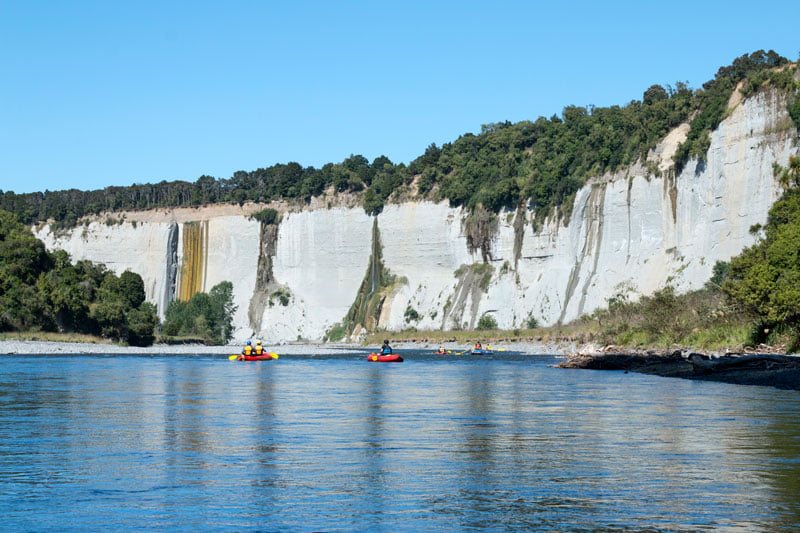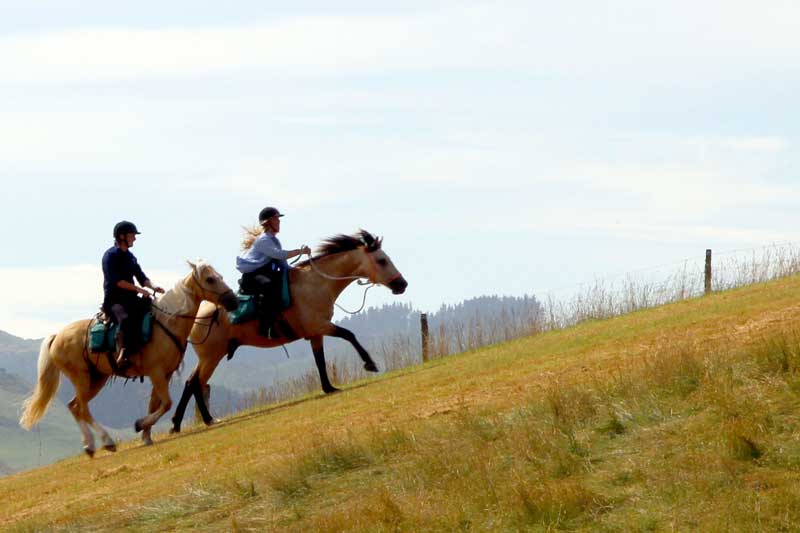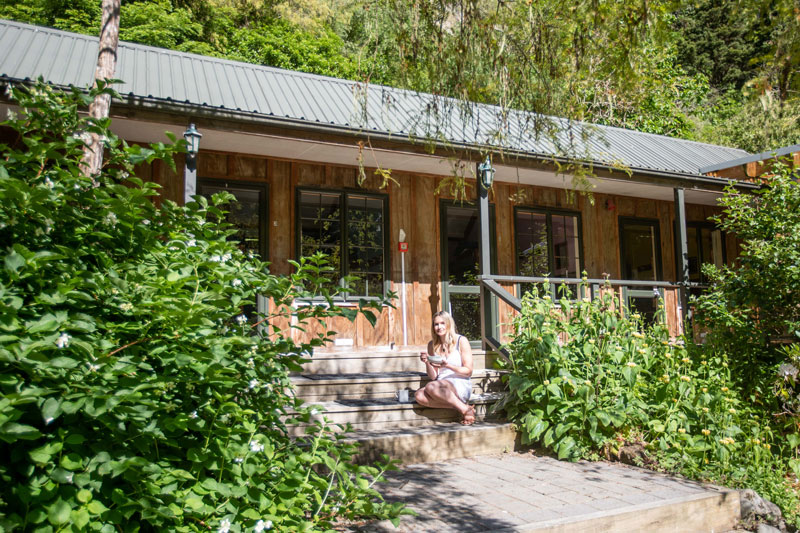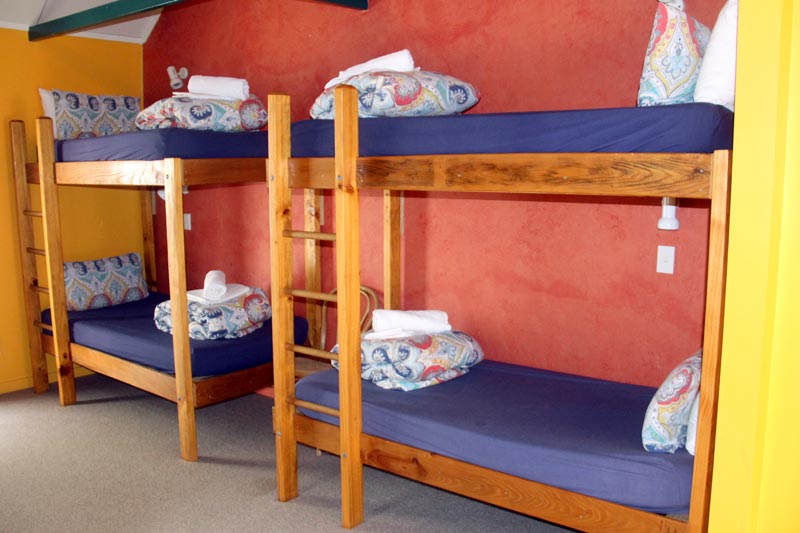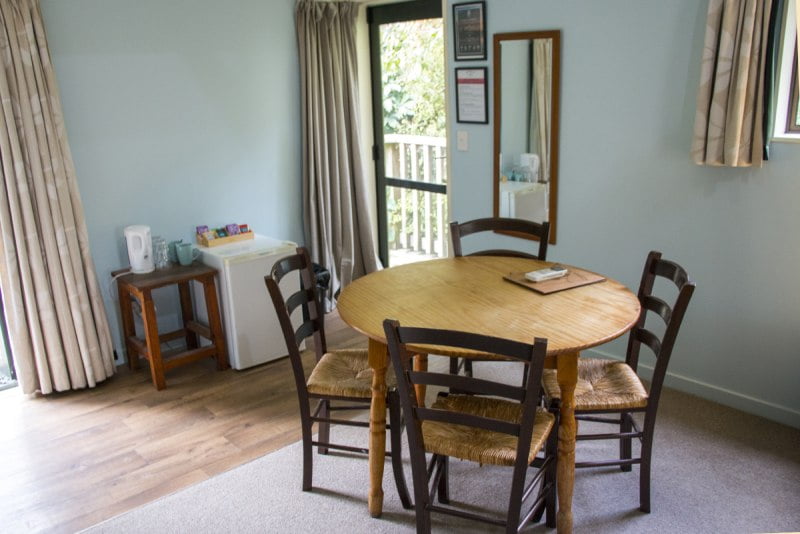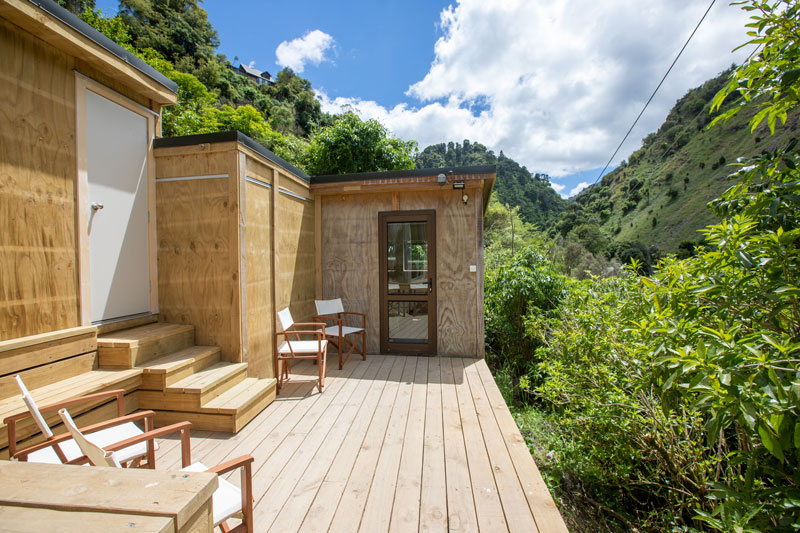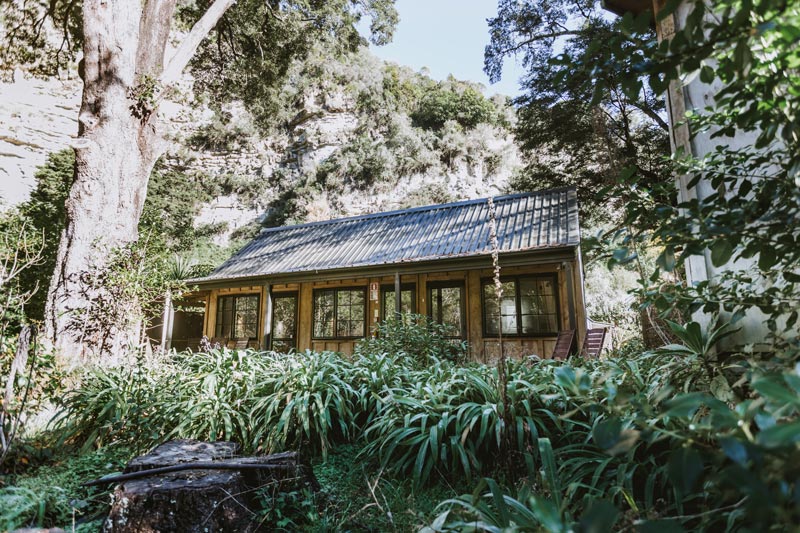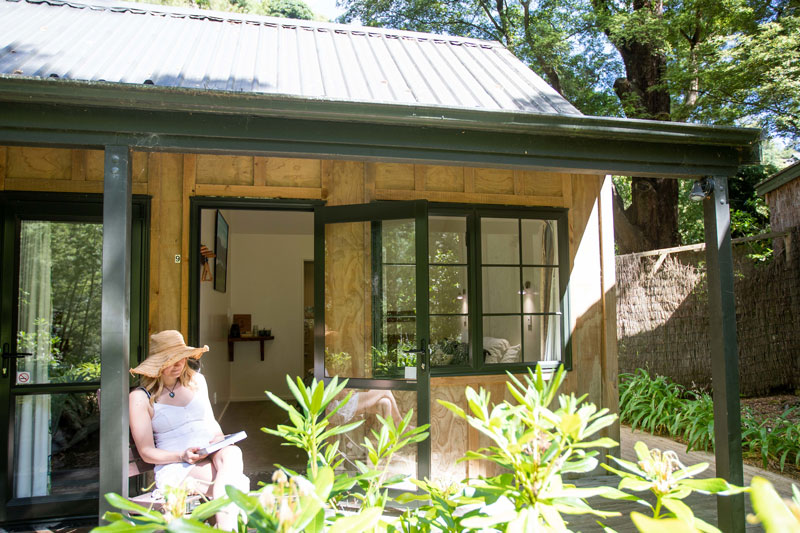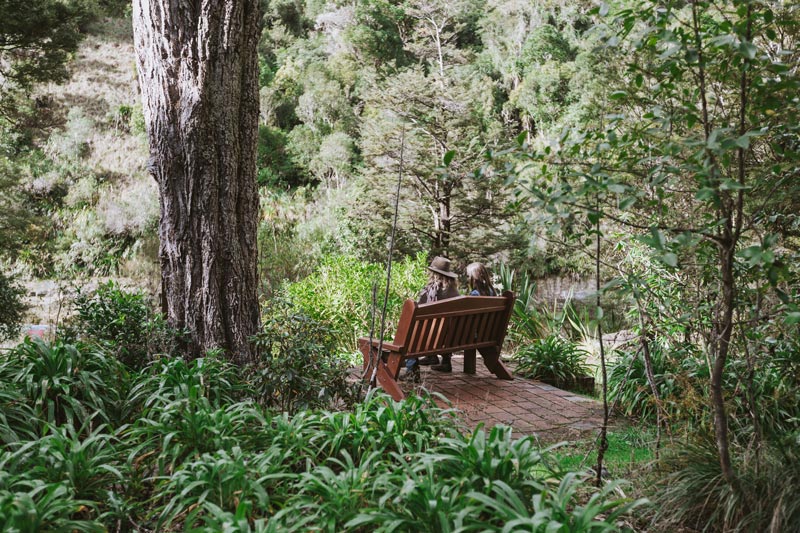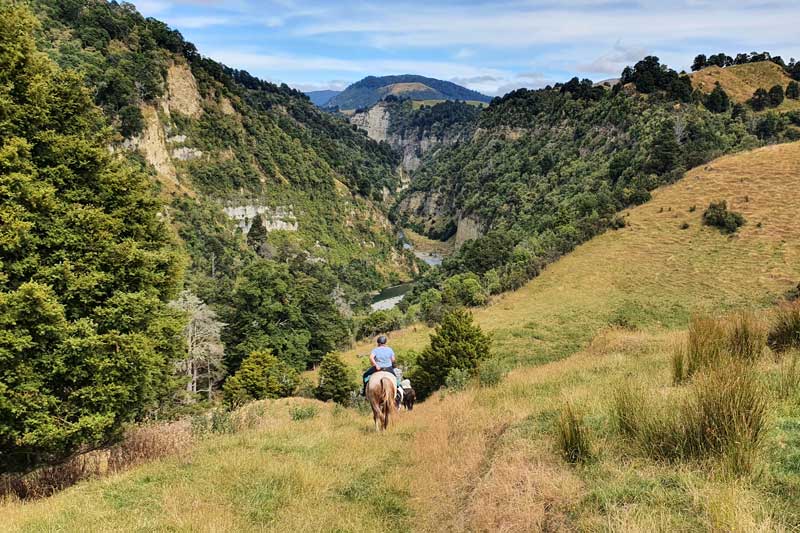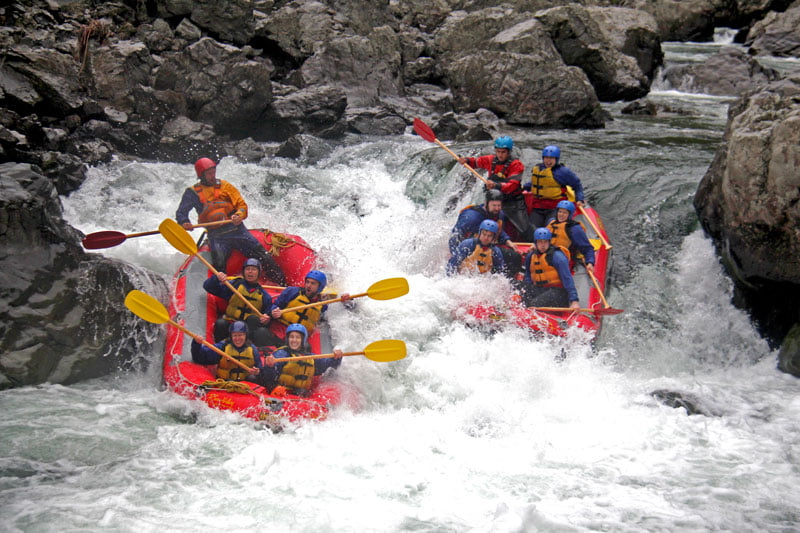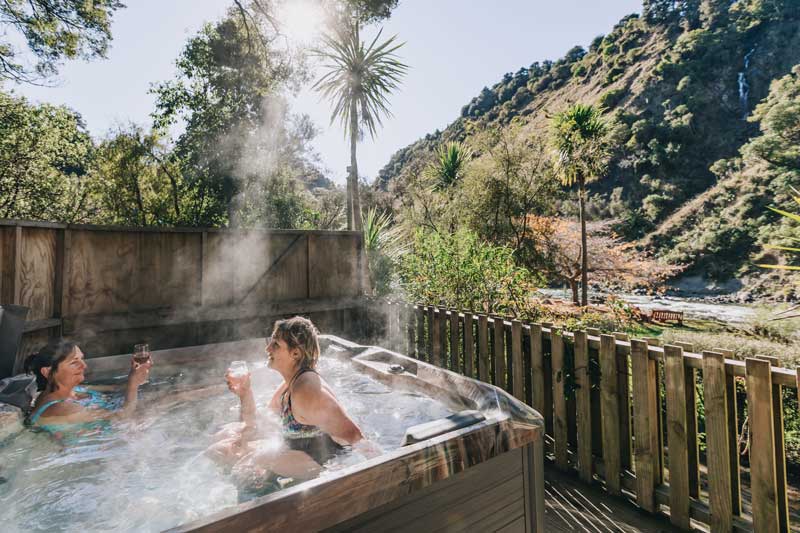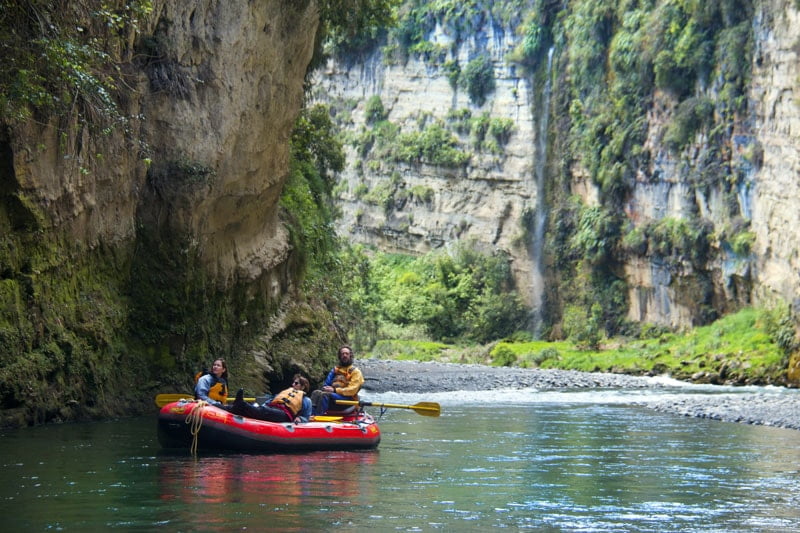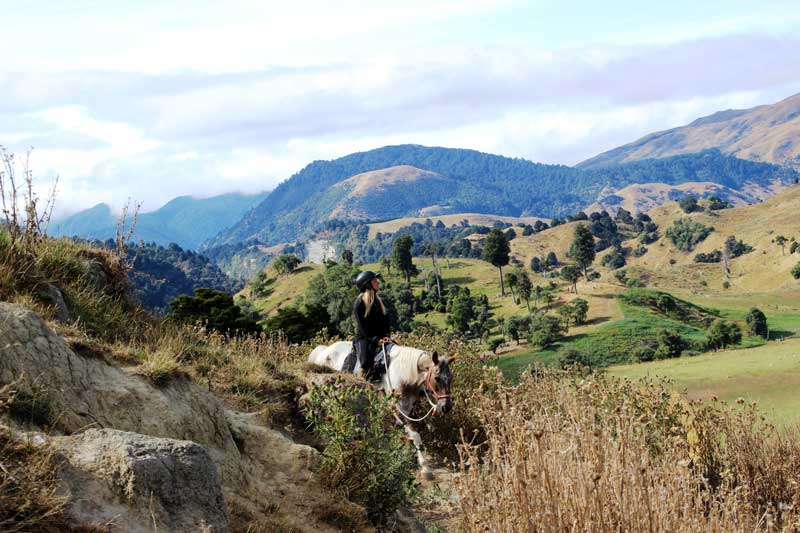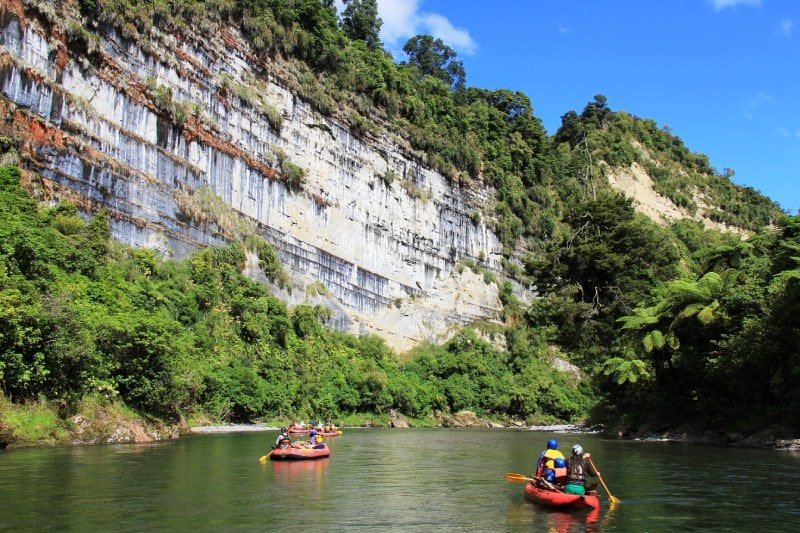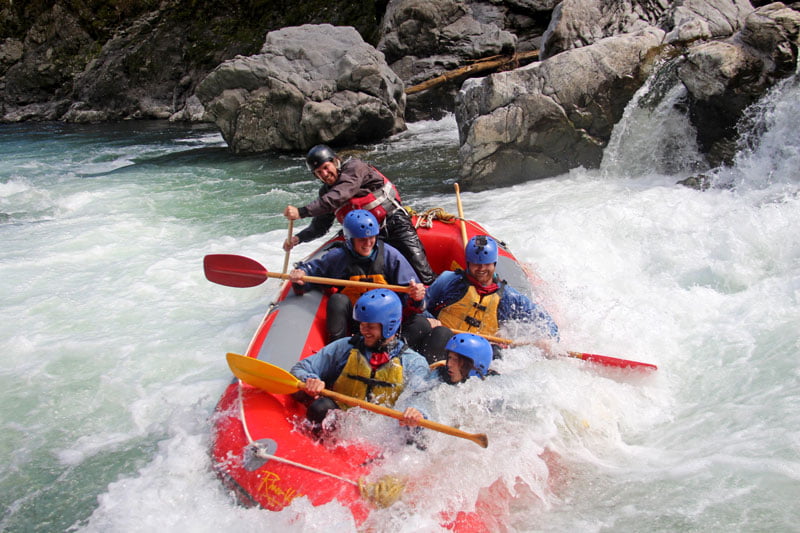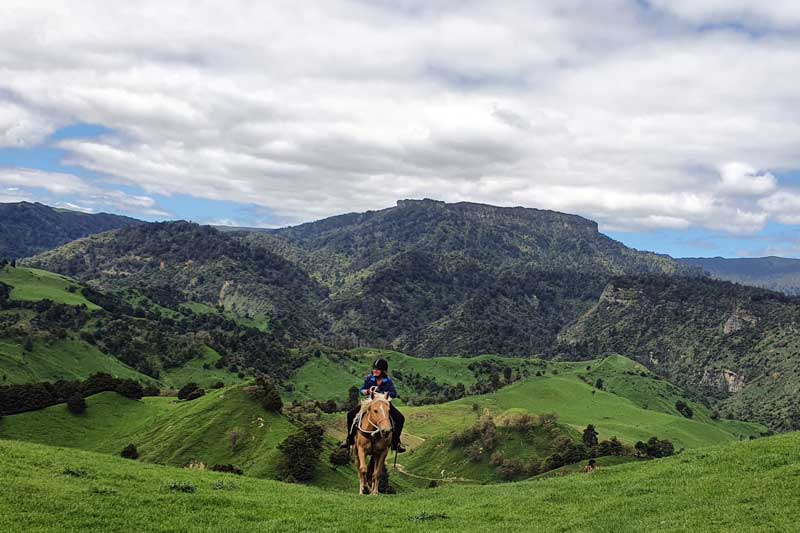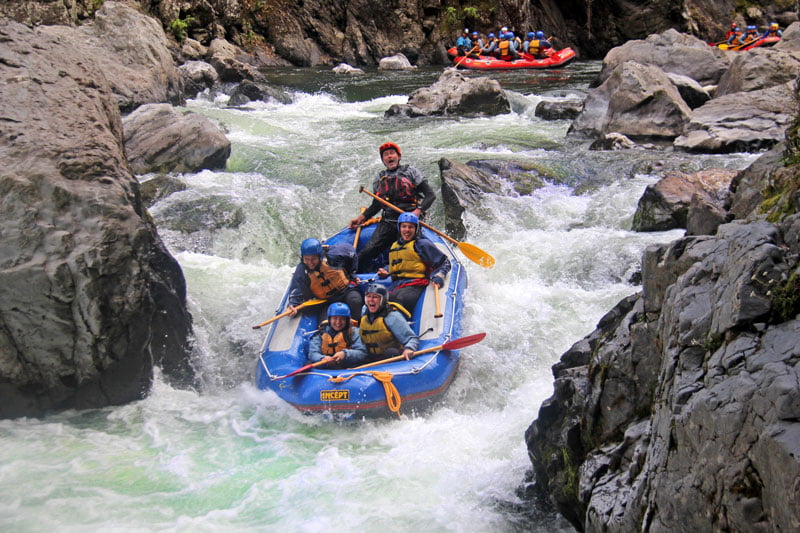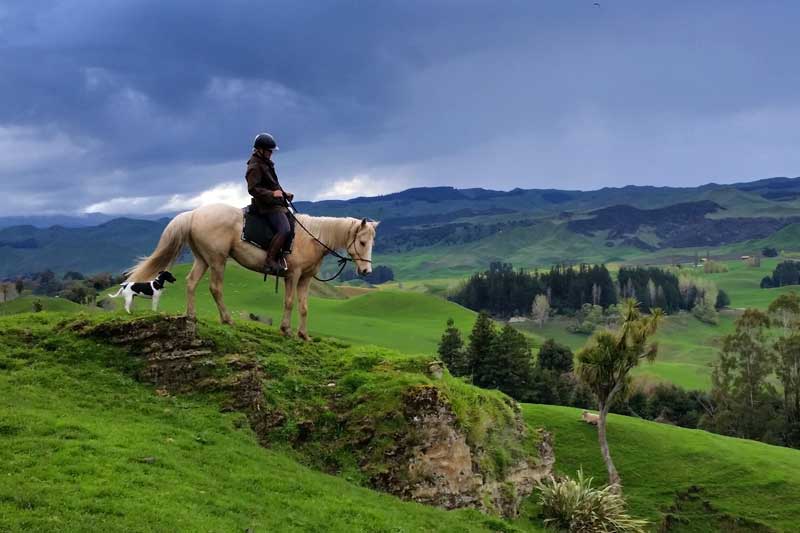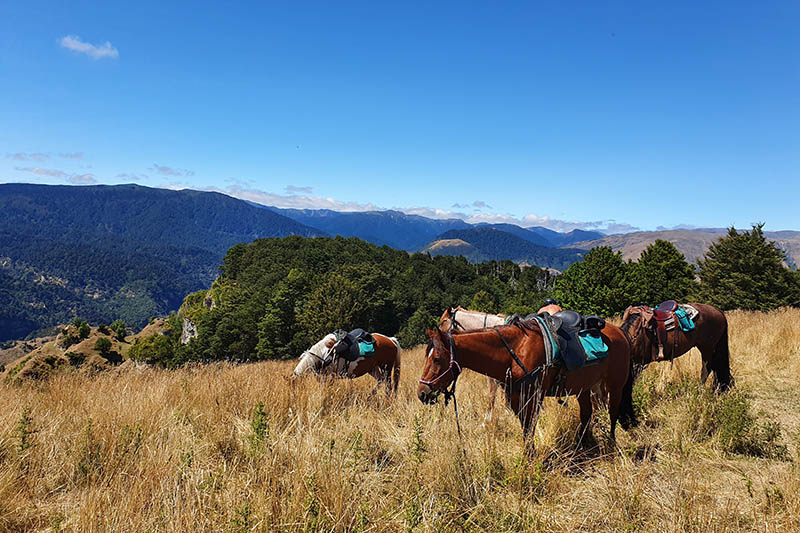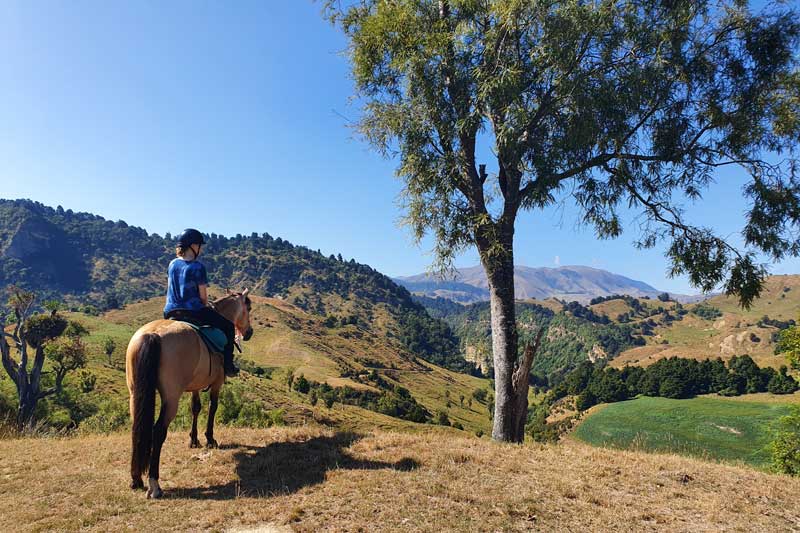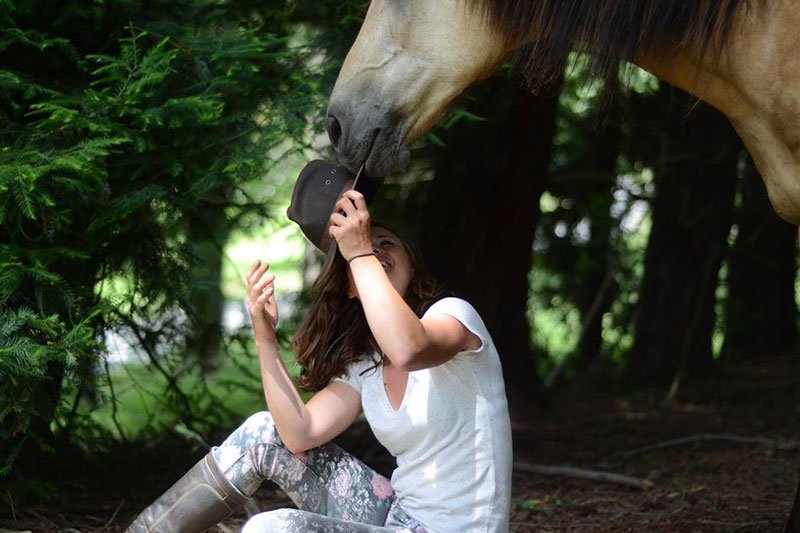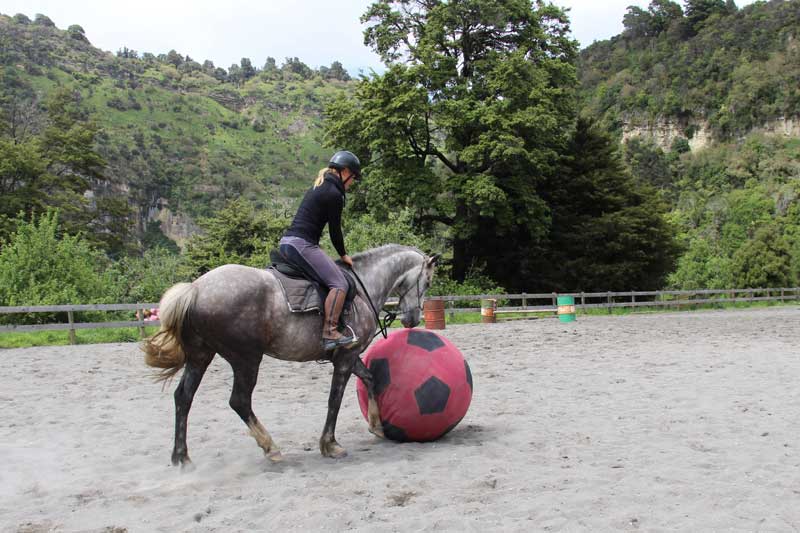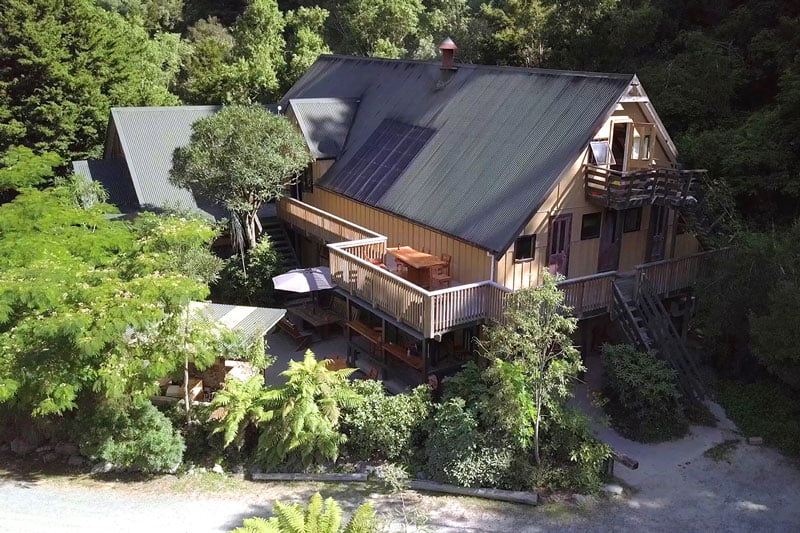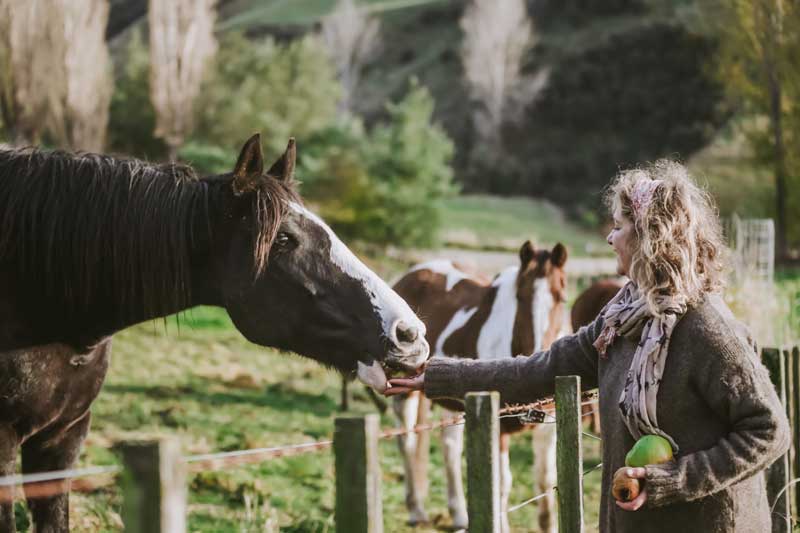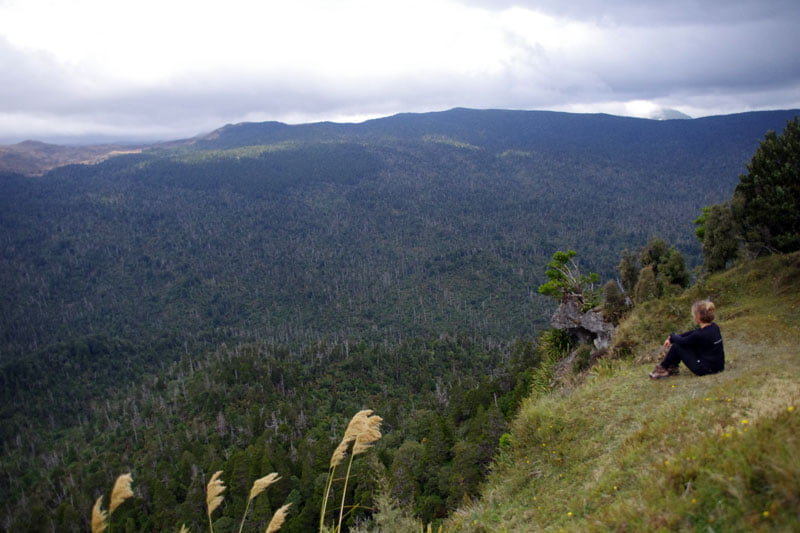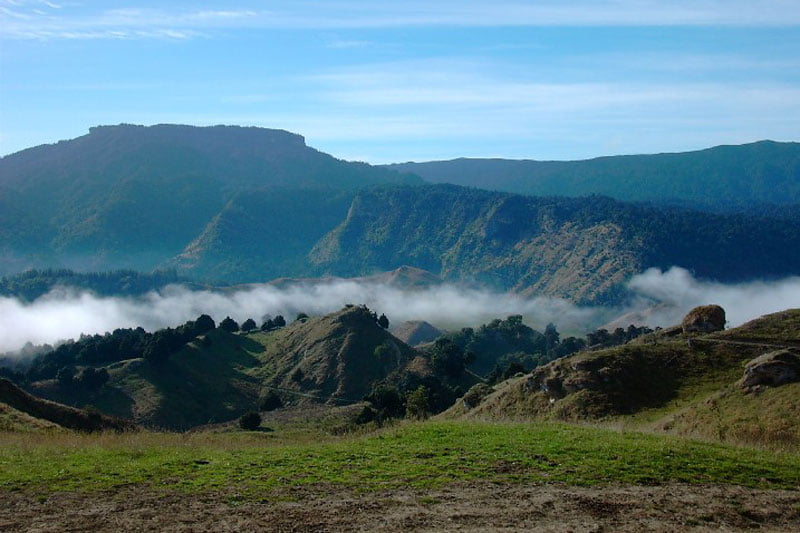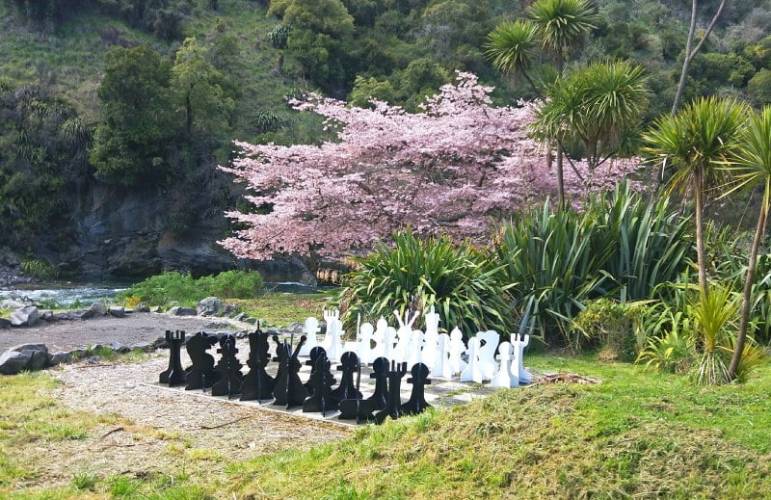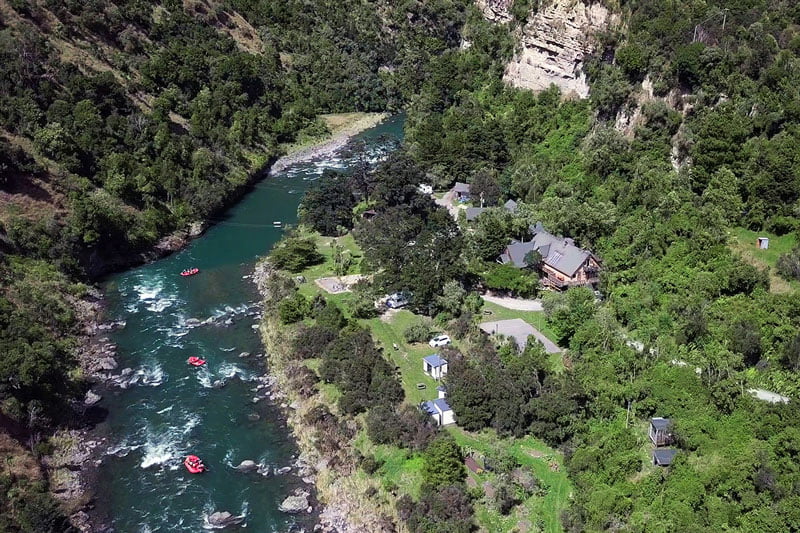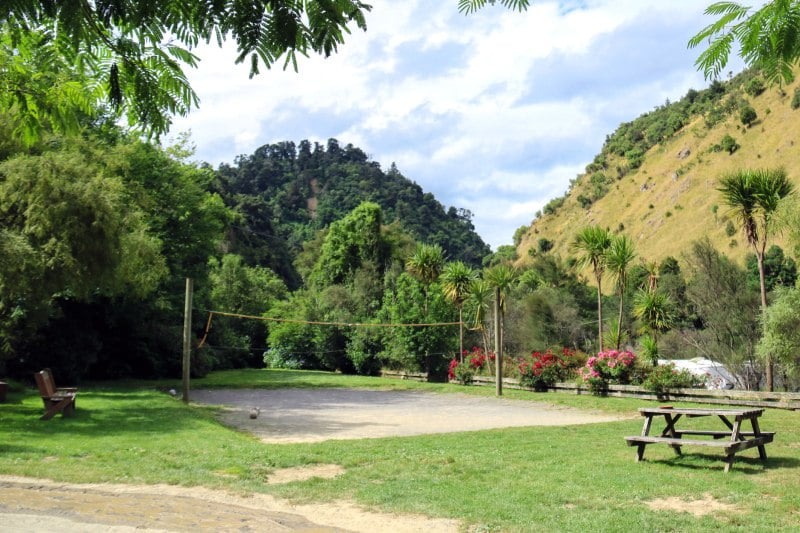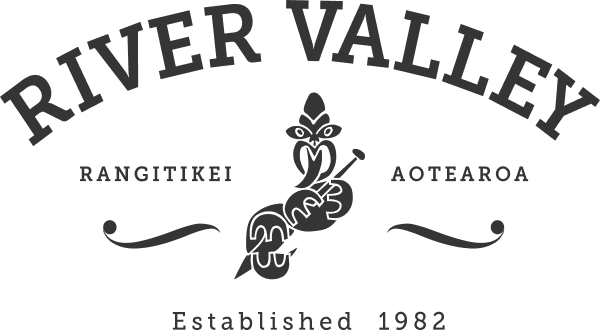The Swamp
The hours, days, and even weeks we spent in the “swamp” as children.
The “swamp” was an area of wetland down the hill, behind the house my brother and three sisters grew up in, on a small farm just outside the North Island, New Zealand, city of New Plymouth.
During the many hours we spent at the swamp we undertook all sorts of projects and missions. We made bamboo spears to hunt frogs. Incidentally from memory I cannot remember ever managing to spear a frog, but not for want of trying.
We built bridges out to small islands that to a group of small boys seemed to be engineering marvels, until the rotting wood we had been using either disintegrated or floated away. Building a bridge, by the time we had pulled branches down from the surrounding bush and then placed them into position, could, over the summer holidays take a week of on and off toil.
In the eyes of young boys, the swamp seemed huge, with so many places to explore. The swamp was inhabited not only by frogs, but also eels, dragonflies, native fish, and in our minds, other unidentified denizens residing in areas into which we did not dare venture.
At one stage, my father and the married man who also worked on the farm, dug a trench by hand to drain the swamp. I remember my brother, myself, and our friends doing our best to block that drain. Successfully I should add. Even at that young age, it did not seem right to drain it. Nothing was ever said by my father about our vandalism, leading me to believe he also had misgivings about draining the swamp.
From the Swamp to Wetlands in General
Unfortunately, in humanities quest to develop every bit of land, whether that be for housing, factories or farming, we have lost most of our wetlands. In fact, by the year 2000, following less than 200 years of European settlement in New Zealand, we had lost (drained) over 90% of all the wetlands that existed before the first European settlers. Since 2000 we have lost another 10% of the remaining 10%.
Why is Draining a Wetland a Problem?
Wetlands have critical roles in a healthy ecosystem. They act as buffers to bouts of intense rainfall and the following extreme runoff, storing that water and releasing it slowly. This buffering helps mitigate the threat of flooding. They retain water in the landscape, recharging aquifers and keeping surrounding areas hydrated. They act as water purifiers, accumulating in their sediment excess nutrients from runoff water, resulting in the water leaving a wetland being purer than water entering a wetland. Wetlands are biological hotspots, which a vast array of plant, bird, insect, fish and other species call home.
But they are in real trouble. The draining of wetlands continues worldwide at a huge rate. In a broader sense, why is this?
To answer this question, we need to consider who benefits from draining wetlands?
Does society as a whole benefit from the draining of wetlands?
When a wetland is drained, society as a whole loses all the benefits mentioned above that wetlands accrue not only to the landscape but also the richness of life. When we remove wetlands, we get more floods, dirtier water, and less biodiversity. Small creeks and springs dry up. Opportunities for sustainable hunting and fishing are lost. Young children lose out on places to explore, build bridges and try to spear frogs.
Yet once again, we find that while there is a net loss to society as a whole, whether that be social or environmental, there is a net gain (profit) to the developer, whether that be for housing, industrial development, roading or farming.
This pattern of the costs accruing to society as a whole, while the profits remain in private hands is all too common when it comes to the exploitation of natural resources.
Hopeful
I am hopeful that in New Zealand at least, we can halt and even reverse the process of wetland destruction. Organisations such as Forest and Bird and Ducks Unlimited are not only pushing for more protection of wetlands but also in the latter case, helping develop new wetlands.
The following is a quote from the book, “When the Rivers Run Dry” by Fred Pearce (by the way, a good but frightening read), that I think sums the situation up. “As scarce natural resources become rarer, the social benefit from protecting them grows rather than diminishes. Preserving what remains makes overwhelming economic as well as moral sense.”
Let us hope so.
Brian Megaw

